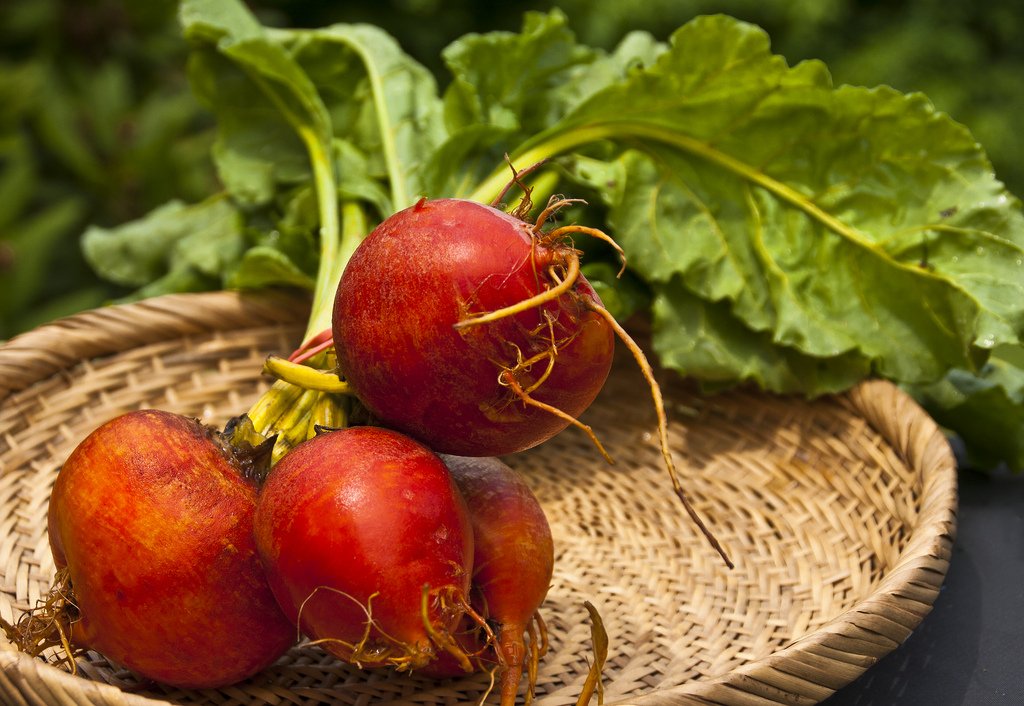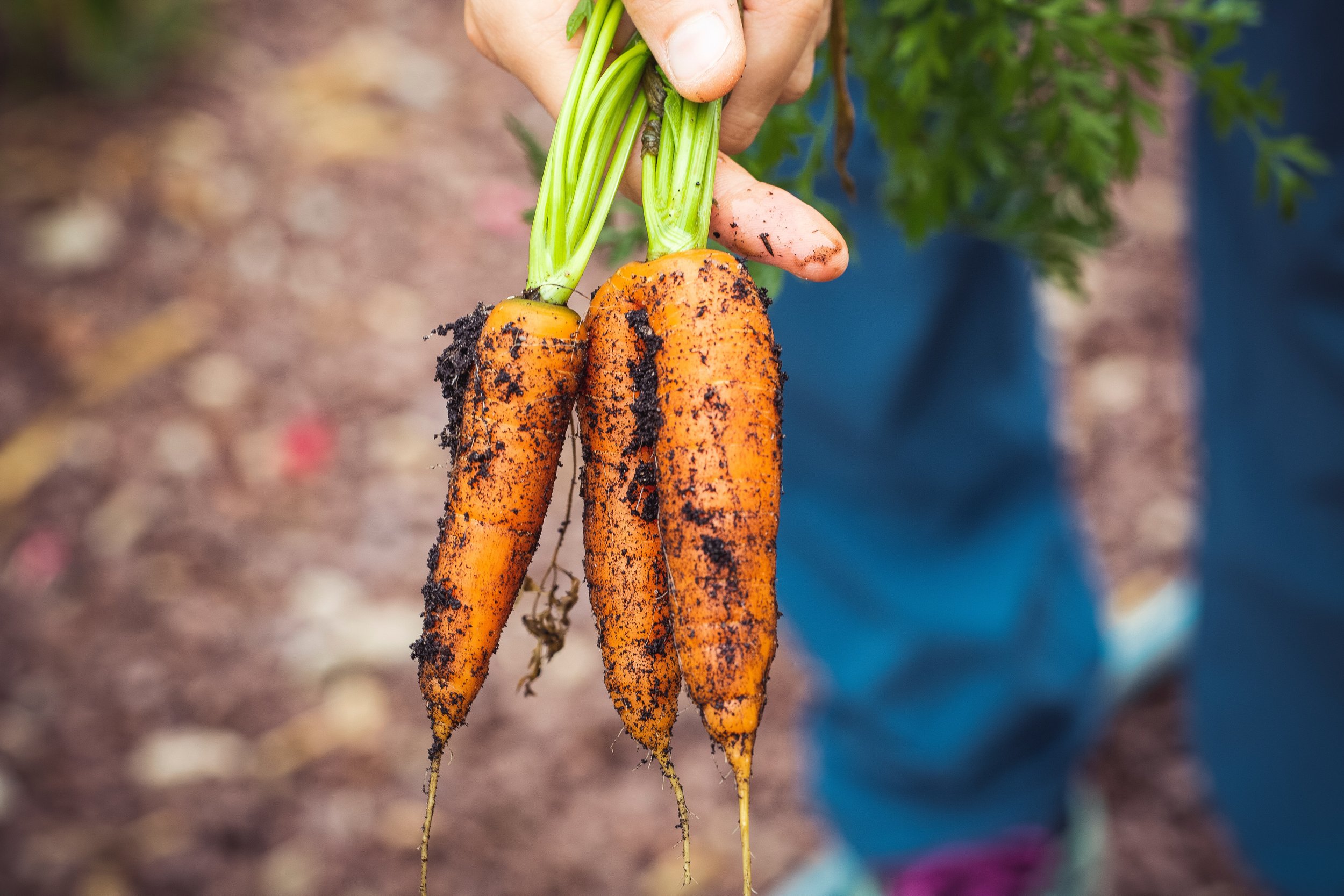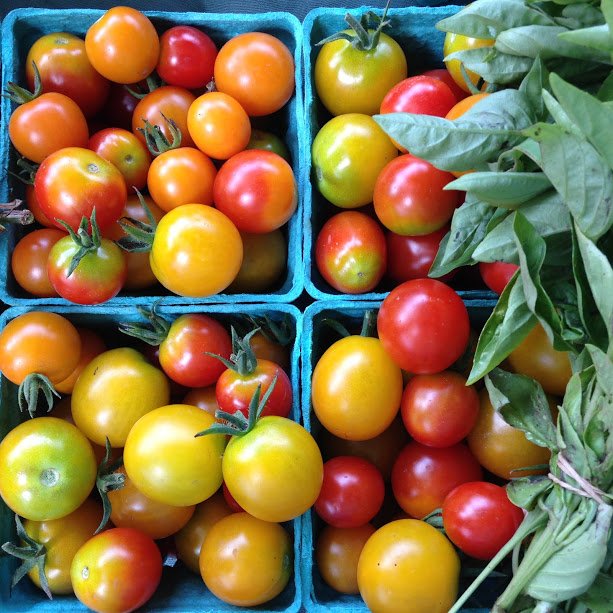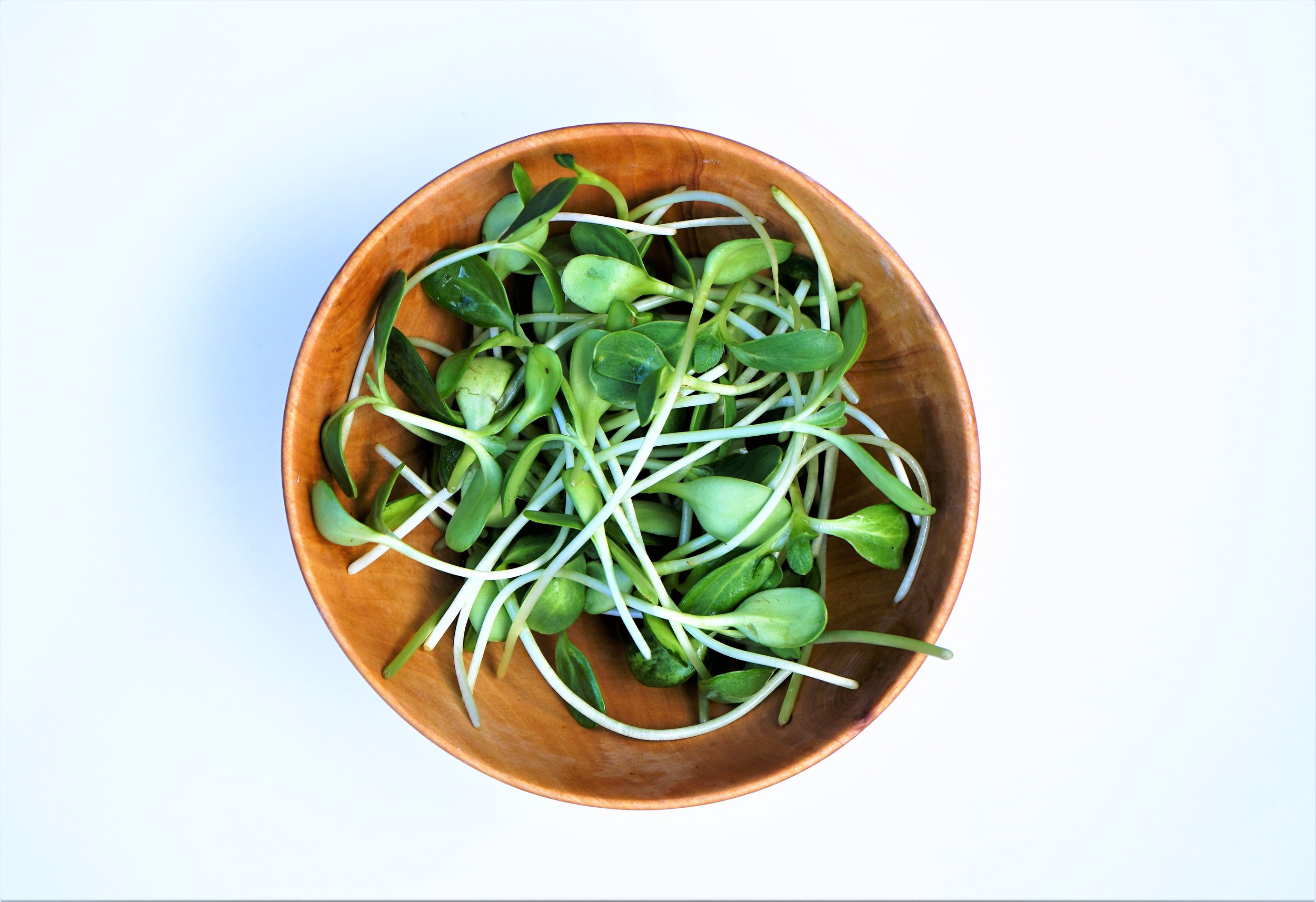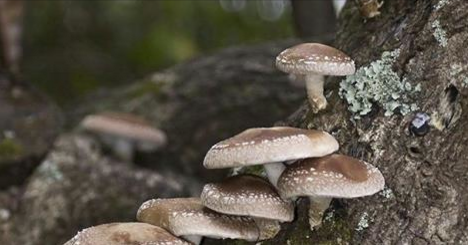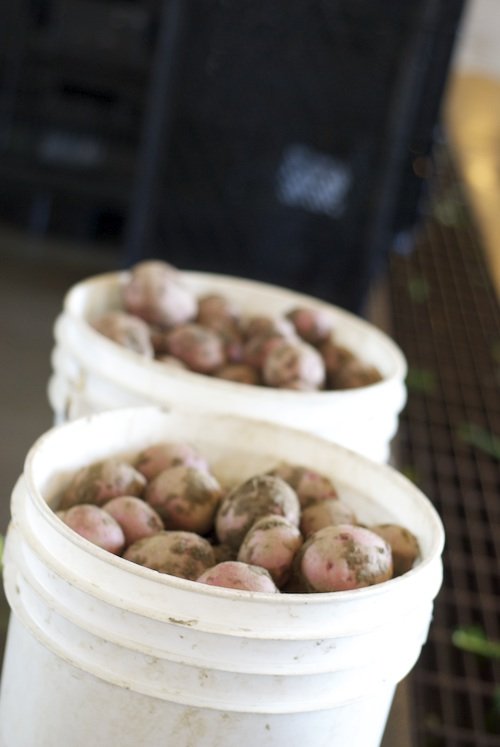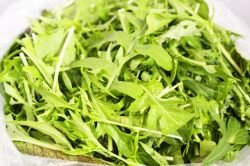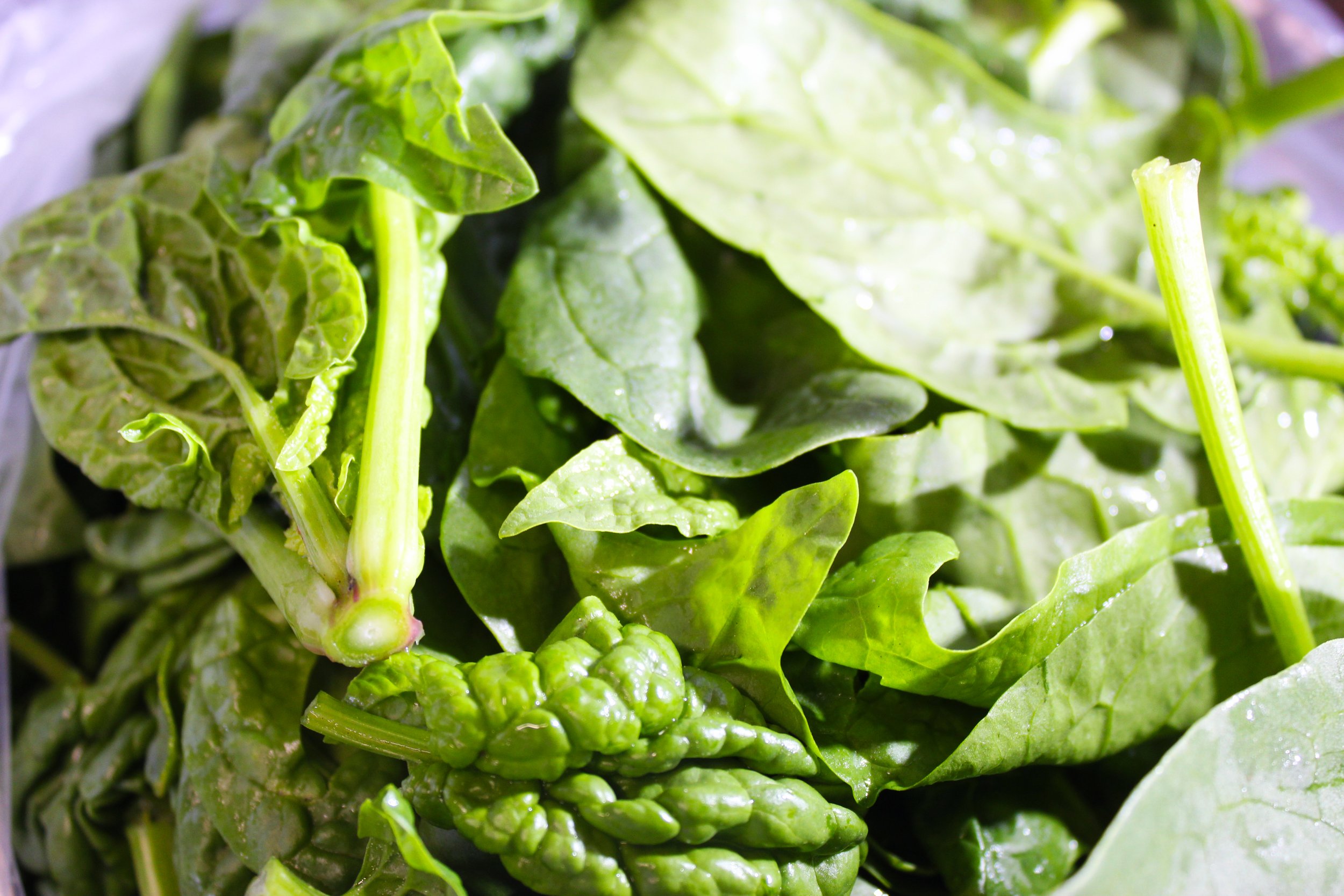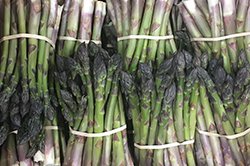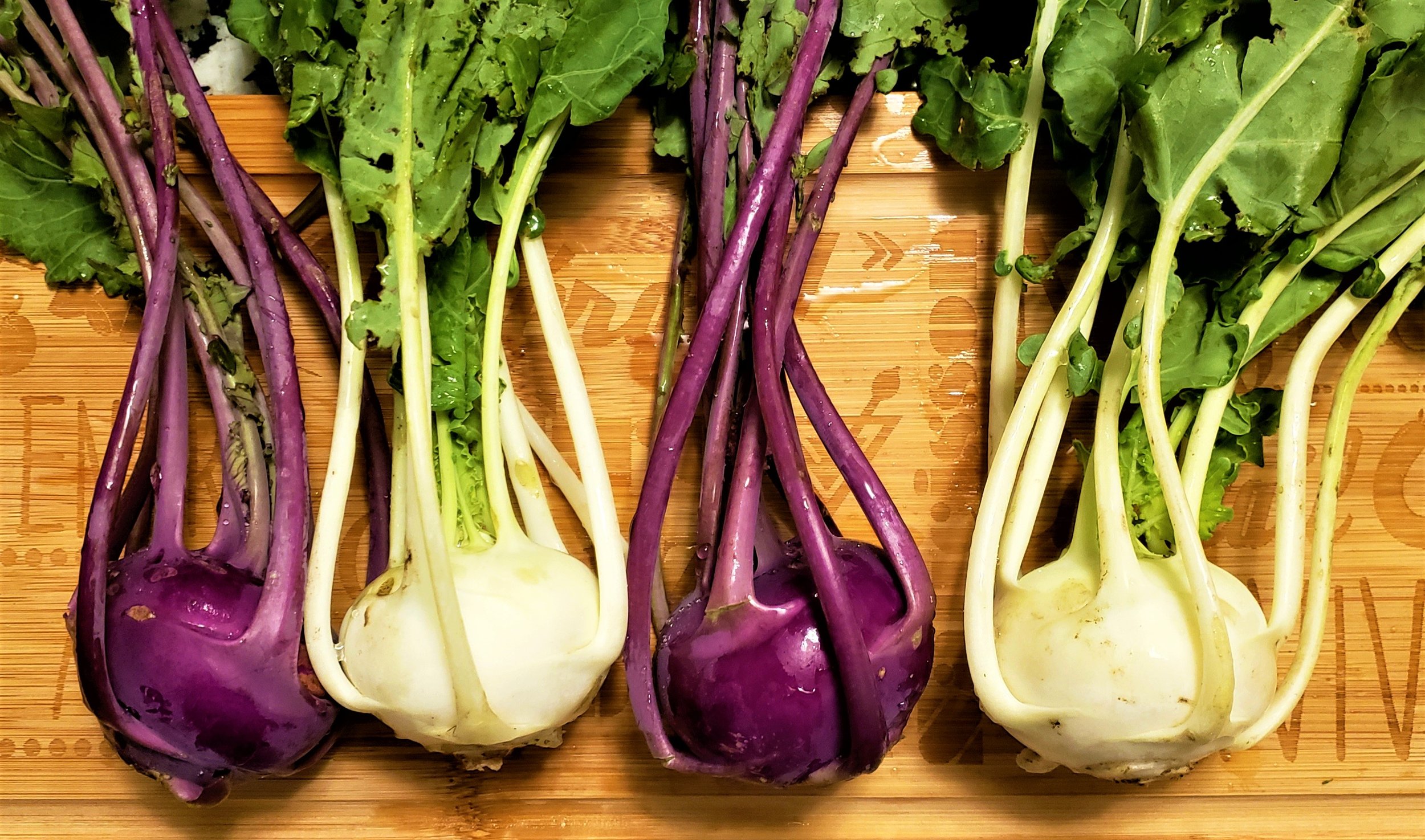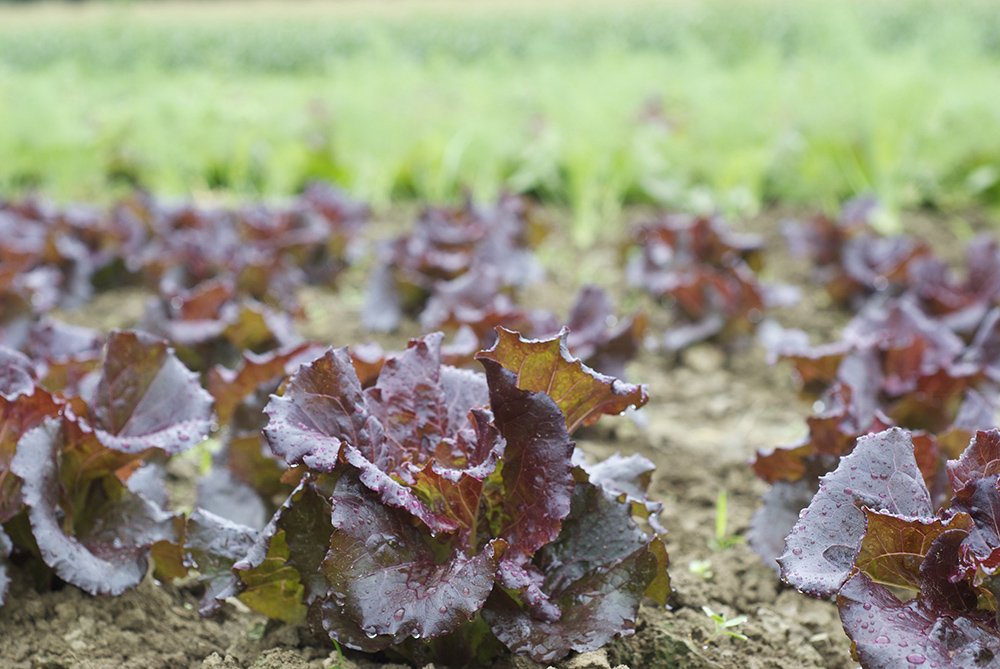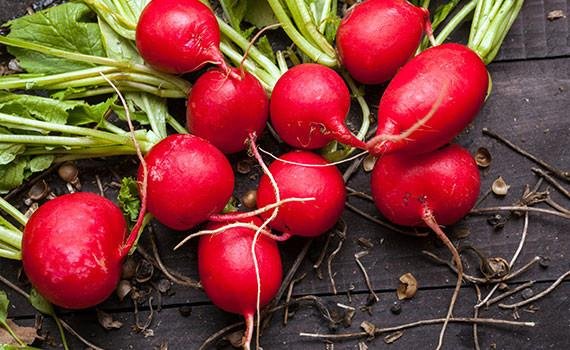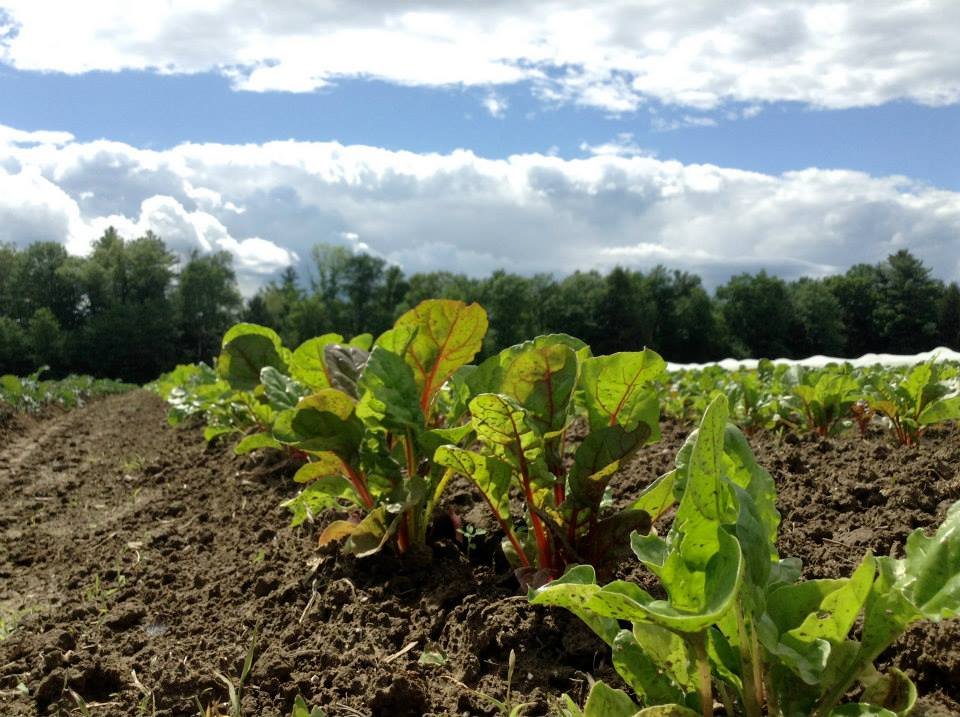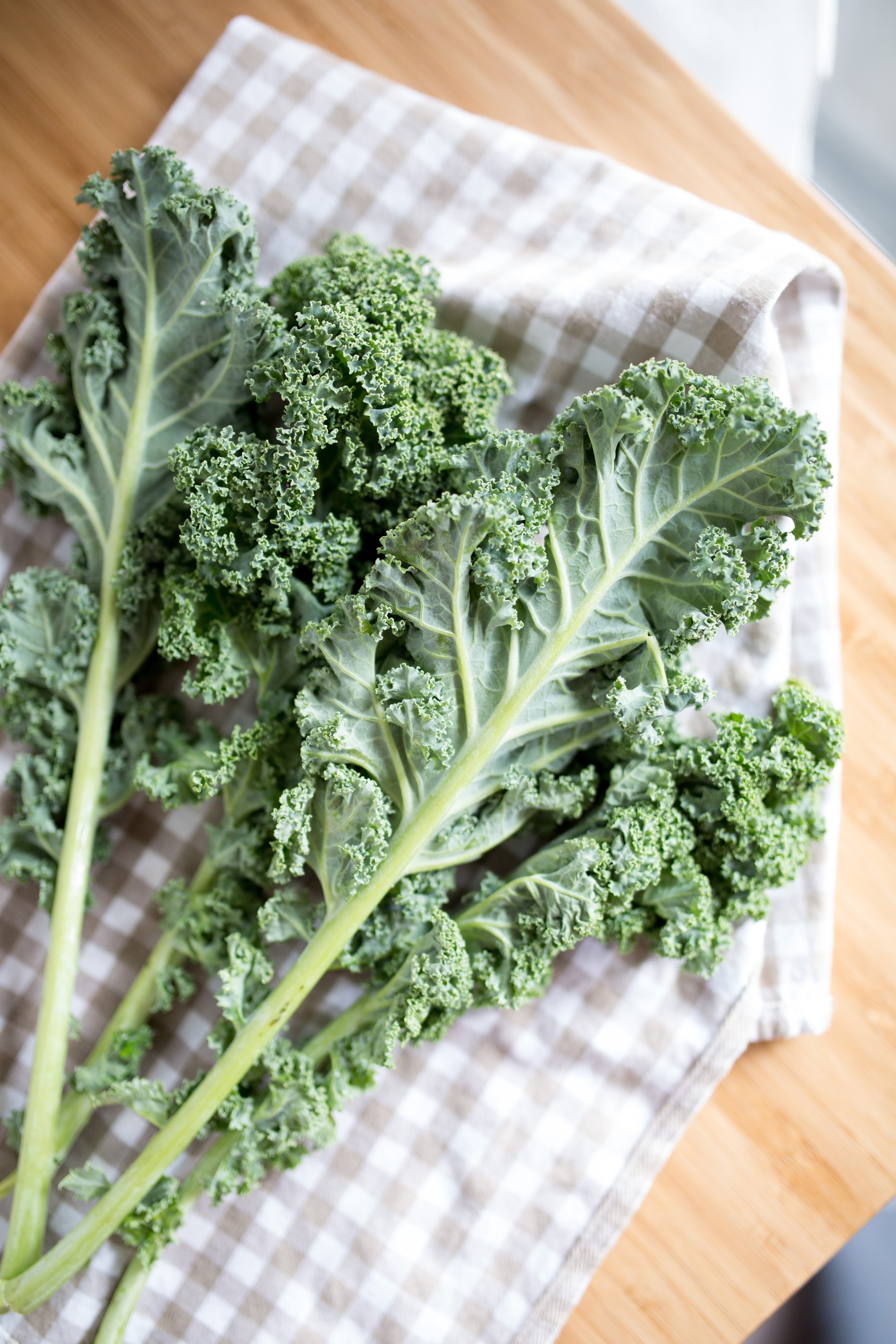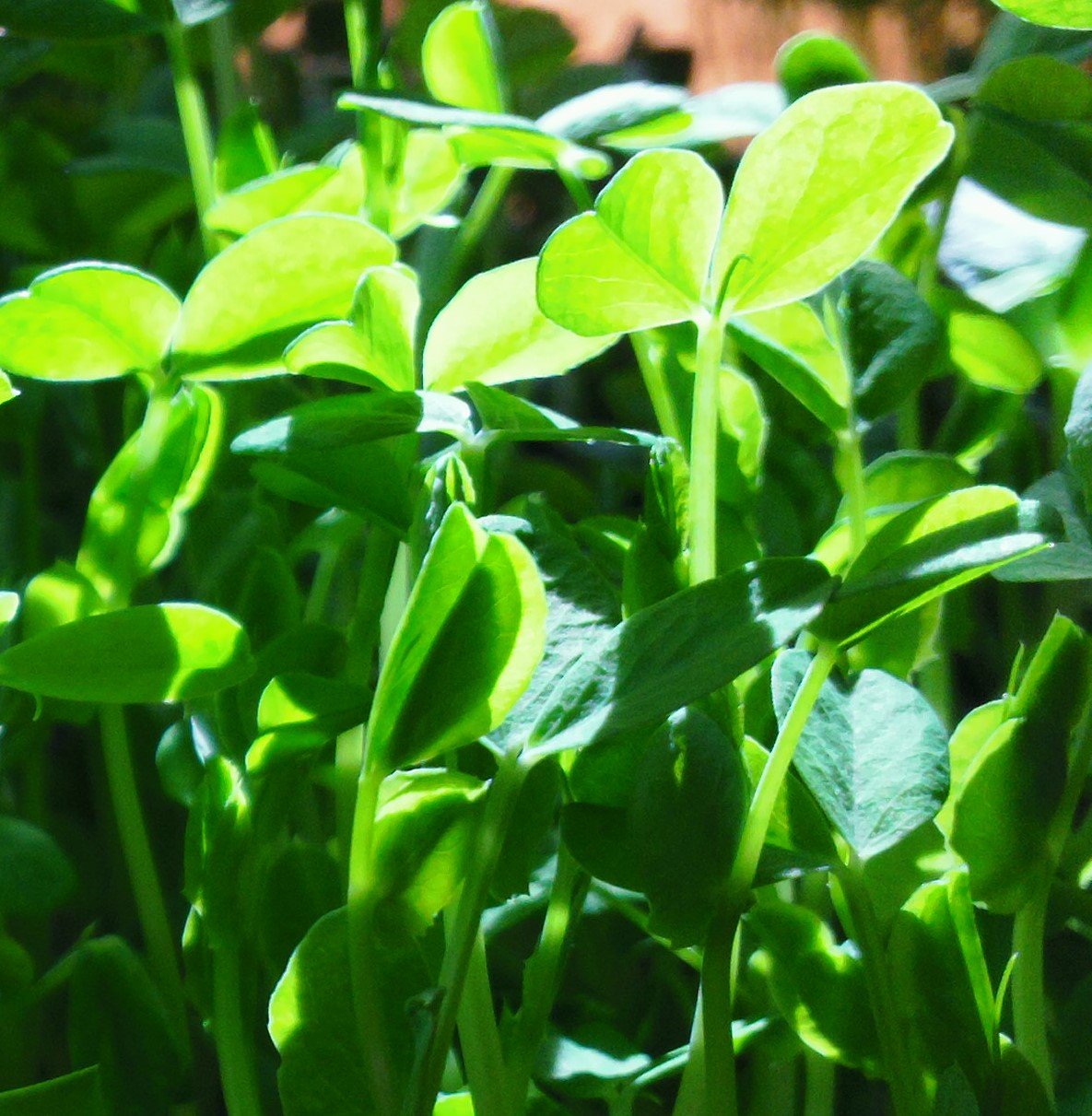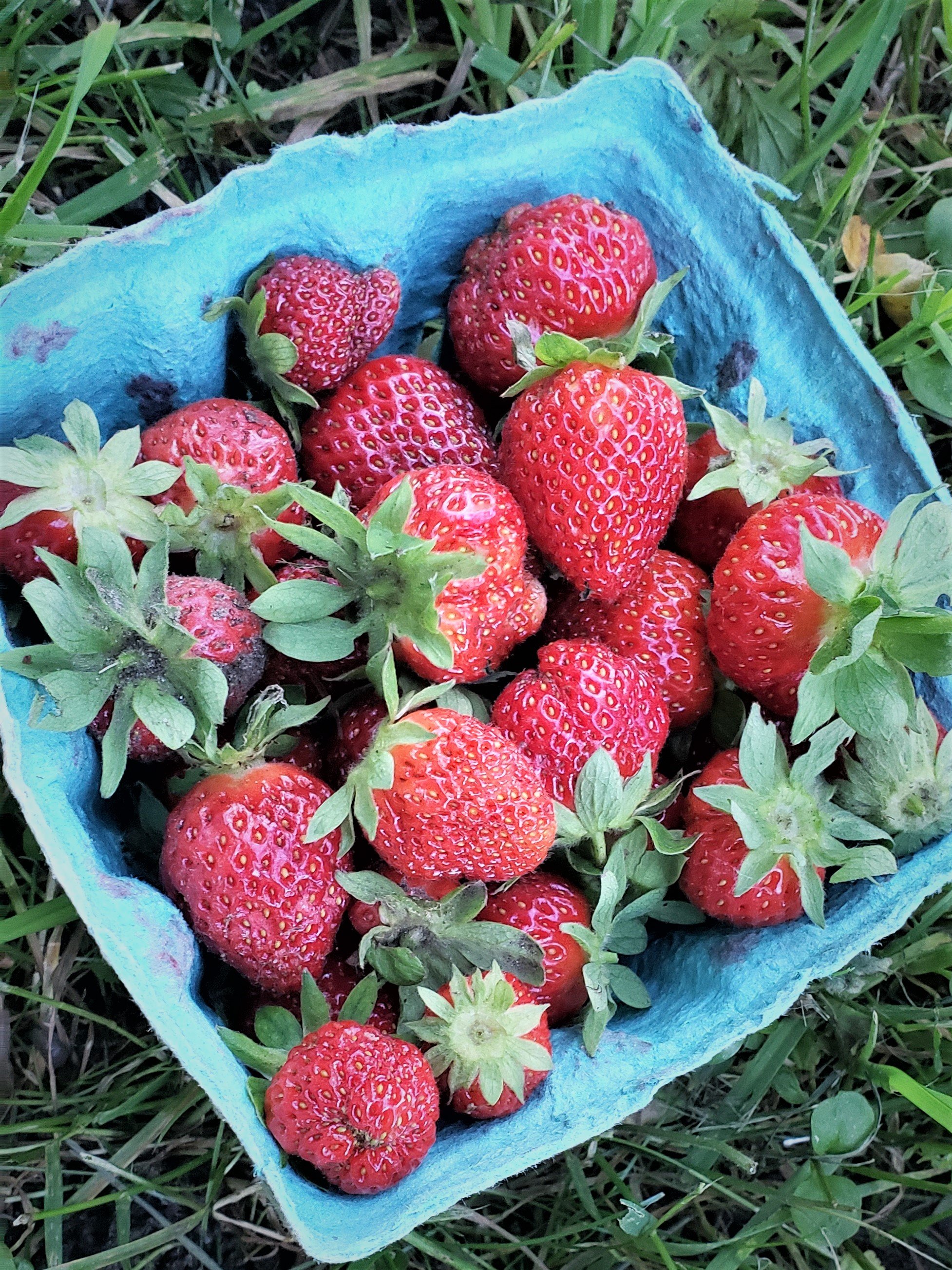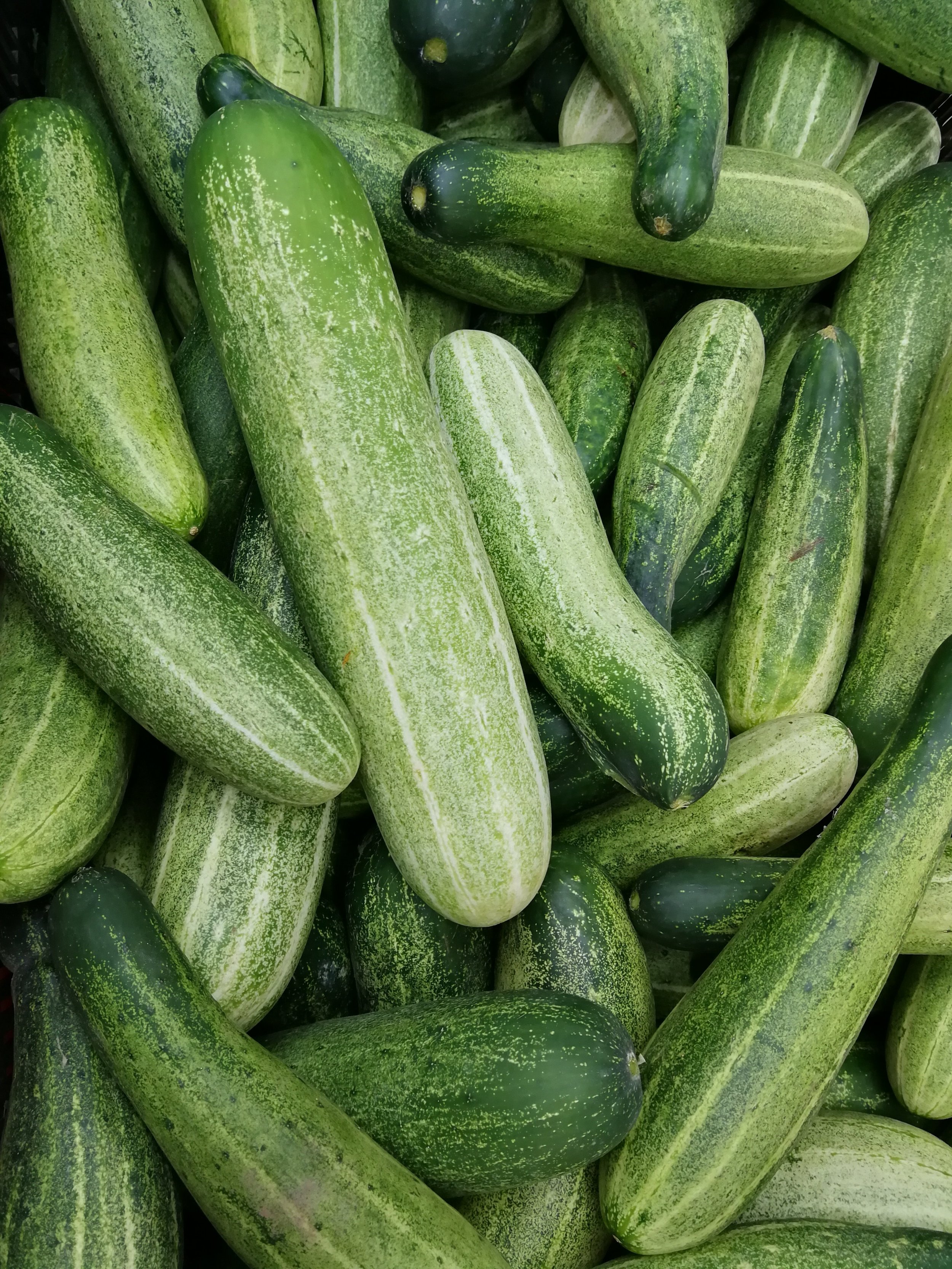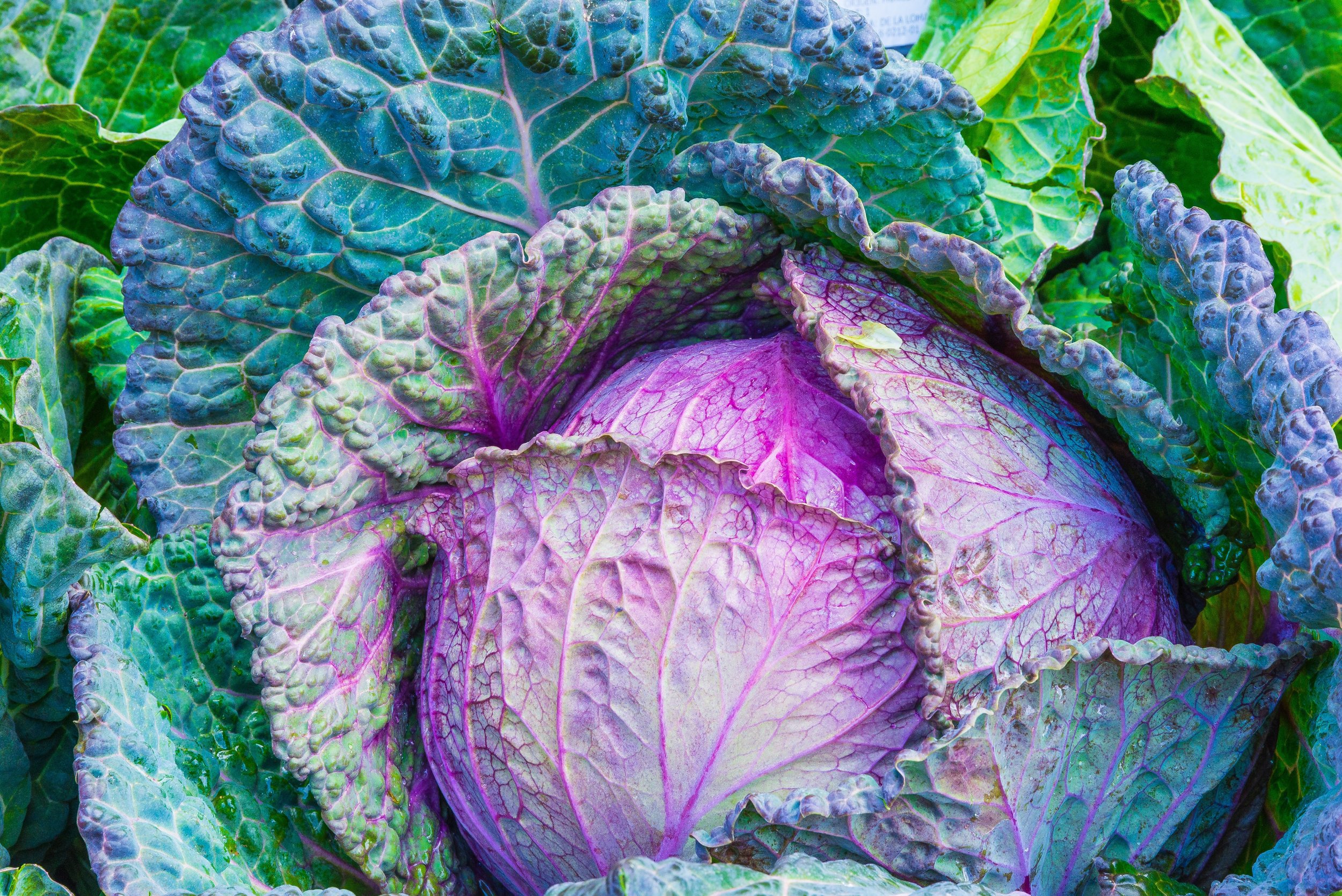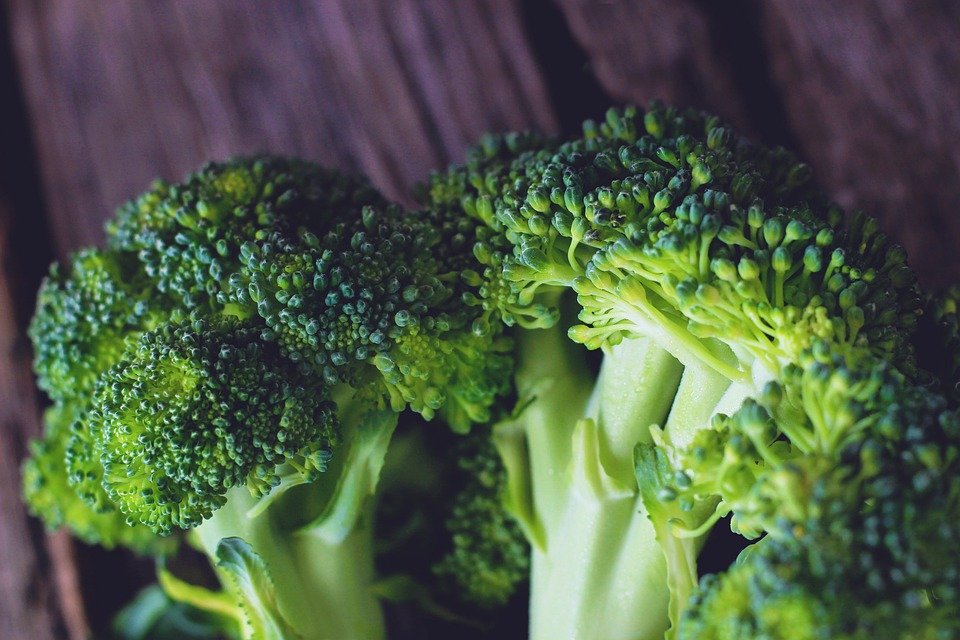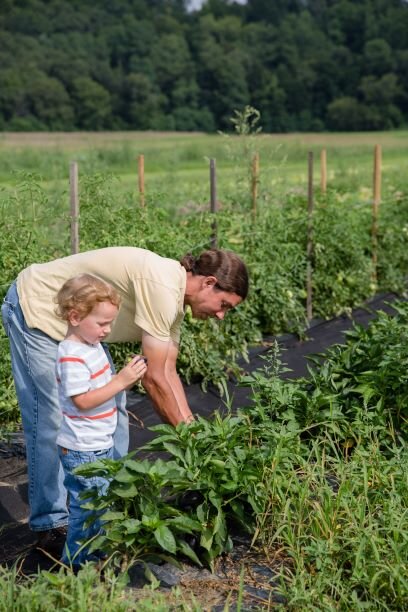We’re on the edge of our seats, anticipating new spring produce! But are you wondering what to plan for your menus and orders? We’re here to help! Here is our 2022 spring produce forecast to help you get the most from the season!
April
Throughout April, we’ll still be at the cusp of spring harvests in our region, but you’ll be able to purchase indoor and high tunnel-grown crops and storage crops! Here’s some of what you can expect…
Mushrooms
Potatoes
Salad mixes
Spinach
Baby bok choy
Beets
Carrots
Greenhouse tomatoes
Microgreens
May
The first new field produce will start to pop up in May! You’ll find these fresh veggies on shop.foodconnects.org…
Asparagus
Fresh herbs
Kohlrabi
Lettuce
Radishes
Rhubarb
Salad turnips
Please note: Food Connects will be closed for spring break the week of May 30th. There will be no deliveries that week.
Early June
Spring has fully sprung, and summer is just around the corner! We’ll have lots of new fresh produce coming your way…
Beet greens
Broccoli raab
Chard
Collards
Escarole
Kale
Mustard Greens
Pea shoots
Strawberries
Late June
Some of our favorite early summer treats will show up in your shopping cart! Get ready for…
Celery
Cucumbers
Garlic scapes
Fennel
Napa and Tiara cabbage
Sugar snap peas
Summer squash
Squash blossoms
Zucchini
And maybe even some broccoli and broccolini!

